
(L to R) Anish Gawande, Shobhaa De and Rajdeep Sardesai.
Rajdeep Sardesai, journalist and author


“I must confess to having spent a large part of 2024 immersed in writing my own book, 2024: The Election That Surprised India, so I had less time to read as many books as I would have liked. A book I enjoyed reading was ‘An Uncommon Love: The Early Life of Sudha and Narayana Murthy’ by Chitra Banerjee Divakaruni. It stood out for me in the manner in which it wove a real-life love story onto the wider canvas of the making of an iconic start-up company. It is a feel-good middle class success story that is easily relatable for those who might have grown up in a pre-liberalisation India.”
Aruna Roy, activist


“As I browsed through my collection, I instinctively picked up Amartya Sen’s ‘Identity & Violence: The Illusion of Destiny’ (2008). My concern about India’s narrowing visions prompted me to re-read this excellent analysis of an India, and a world, gone amok with religious identity. Sen addresses these issues with the facility of logic and rationality that comes naturally to him. It is a book all young people should read to counter the confusions that exist in public discourse today.”
Prajakta Koli, actor
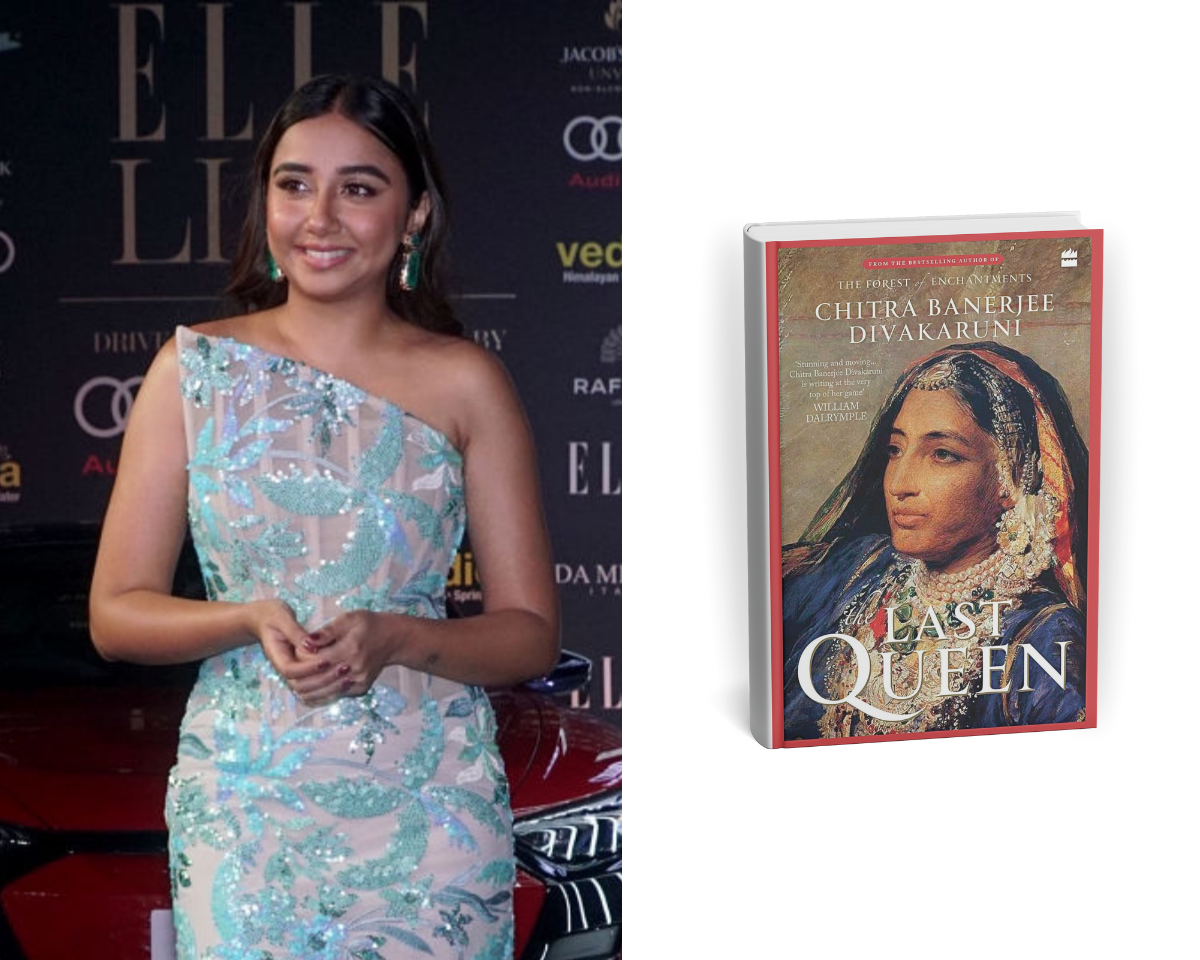

“This year, I ended up reading a lot of beautiful books. If I had to choose two, I think no. 1 would be ‘Last Queen’ by Chitra Banerjee Divakaruni. I’ve loved everything I’ve read by her before. I remember, very vividly, sitting in my living room when I finished reading the book, and for a good 10 minutes, the tears just wouldn’t stop. That book has stayed with me throughout this year. I’m also a huge romance fan, so I think no. 2 would be ‘Play Along’ by Liz Tomforde. I love how she writes the arcs of the women in her books. They are so beautifully relatable but at the same time aspirational, which is a stunning contrast.”
William Dalrymple, author and historian


“‘How the World Made the West’ (Josephine Quinn) is one of the most fascinating works of global history to appear for many years. Incredibly wide-ranging, it completely reframes our conception of the western classical world and its influences and inspirations. ‘The Great Flap of 1942’ is another brilliant read. Mukund Padmanabhan, long regarded as one of India’s most admired journalists and editors, has now emerged from that chrysalis to reveal himself as the new superstar of Indian narrative non-fiction. In the upcoming ‘The World After Gaza’, Pankaj Mishra illuminates a very dark landscape. It is as thoughtful, scholarly and subtle as it is brave and original. Eugene Rogan is arguably the greatest living historian of the Middle East. His new book, ‘The Damascus Events’, is a deeply humane work that provides a much-needed example of how societies with deep divisions can pull back from the brink. It shows how they can and do recover from the trauma of genocidal violence, finding a way to stagger back towards tolerant co-existence. It is difficult to think of a more timely or important history book published this year.”

Ankur Warikoo, entrepreneur and content creator
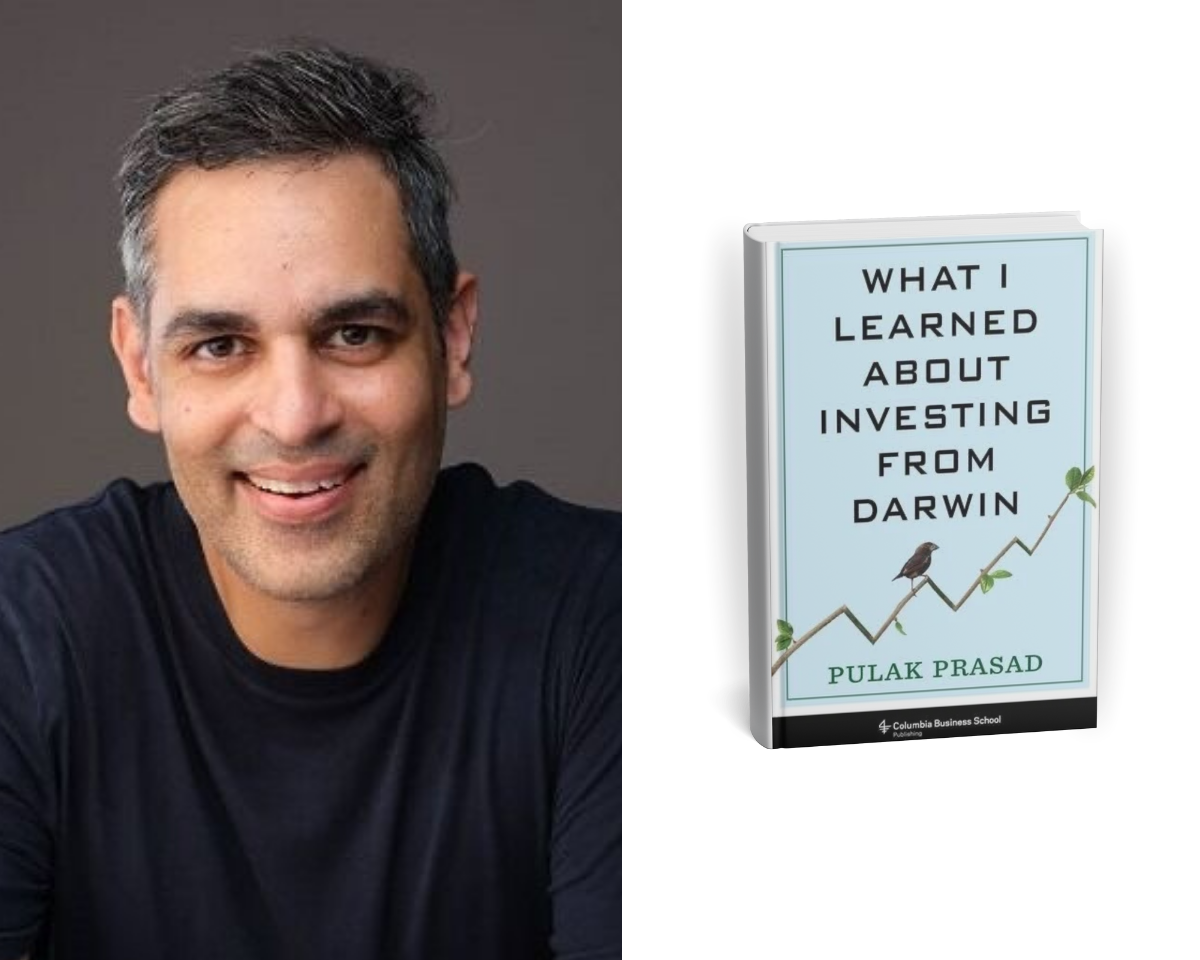

“‘What I Learned About Investing From Darwin’ by Pulak Prasad is a fascinating take on how Darwinian theory explains so much about the mindset of the tenacious investor. Then there’s ‘The Money Trap’ by Alok Sama, a witty, joyful and gripping behind-the-scenes view of the world’s most bold tech investor, through an autobiographical narrative of the firm’s CFO. Another book was ‘Bad Therapy’ by Abigail Shrier, a hard-hitting book tracking the state of the mental health of the young generation..”
Imtiaz Ali, filmmaker
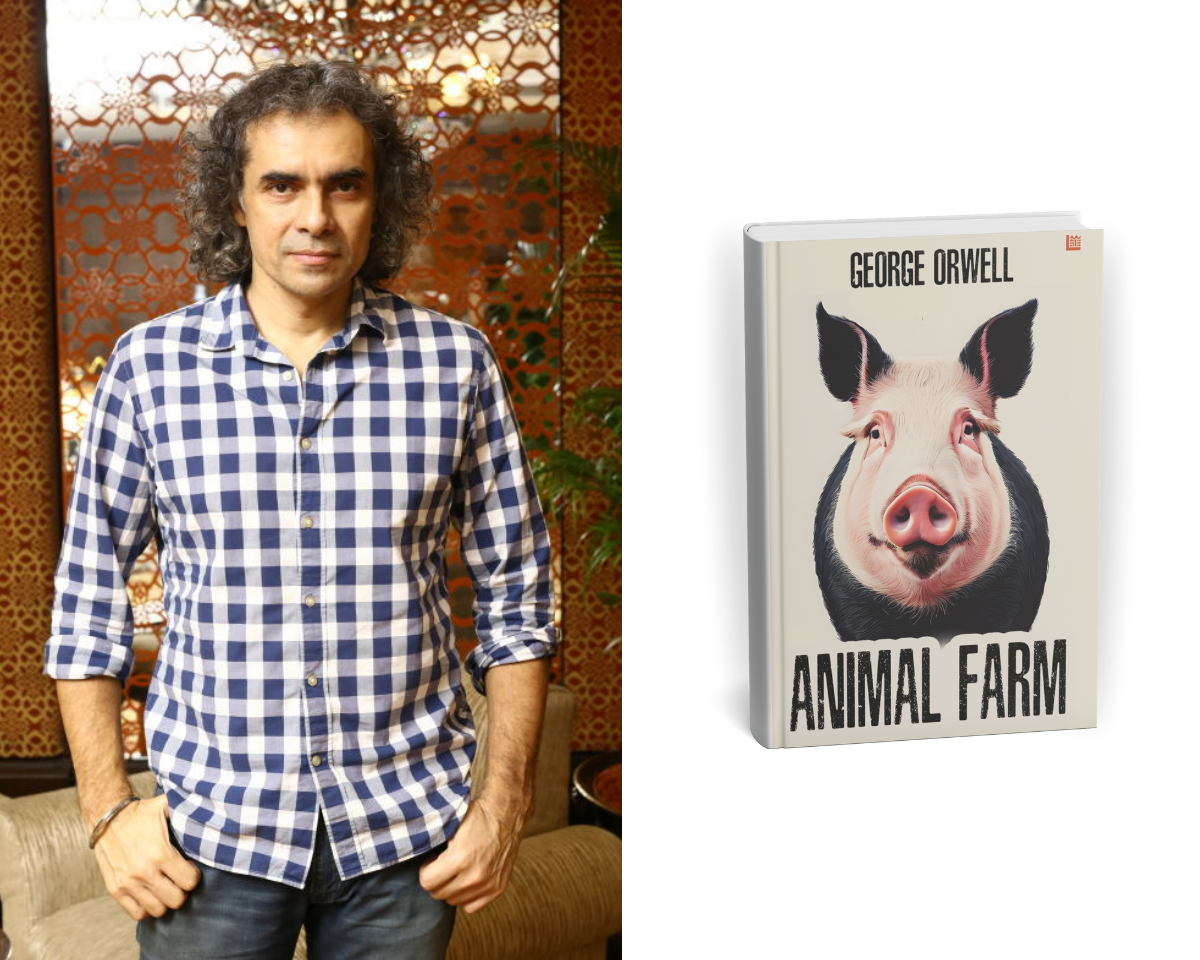

“I had read ‘Animal Farm’ by George Orwell long ago and forgotten most of it, but I re-read it because my daughter had just discovered it. I marvel at writers like Orwell, Isaac Asimov and H.G. Wells, who have written things far ahead of their time. I also read a very interesting book called ‘The Vegetarian’ by Han Kang, the toast of the times. It is written in a very original style, realistic, but going beyond the dimensions of reality, representing society and the fragility of human existence. Another book I read was ‘The Hotel Years’ (by Joseph Roth), a remarkable story of a journalist who wrote about Germany during the two World Wars, true accounts of people he met in the in-between years.”(As told to Preeti Zachariah)
Shobhaa De, columnist and author
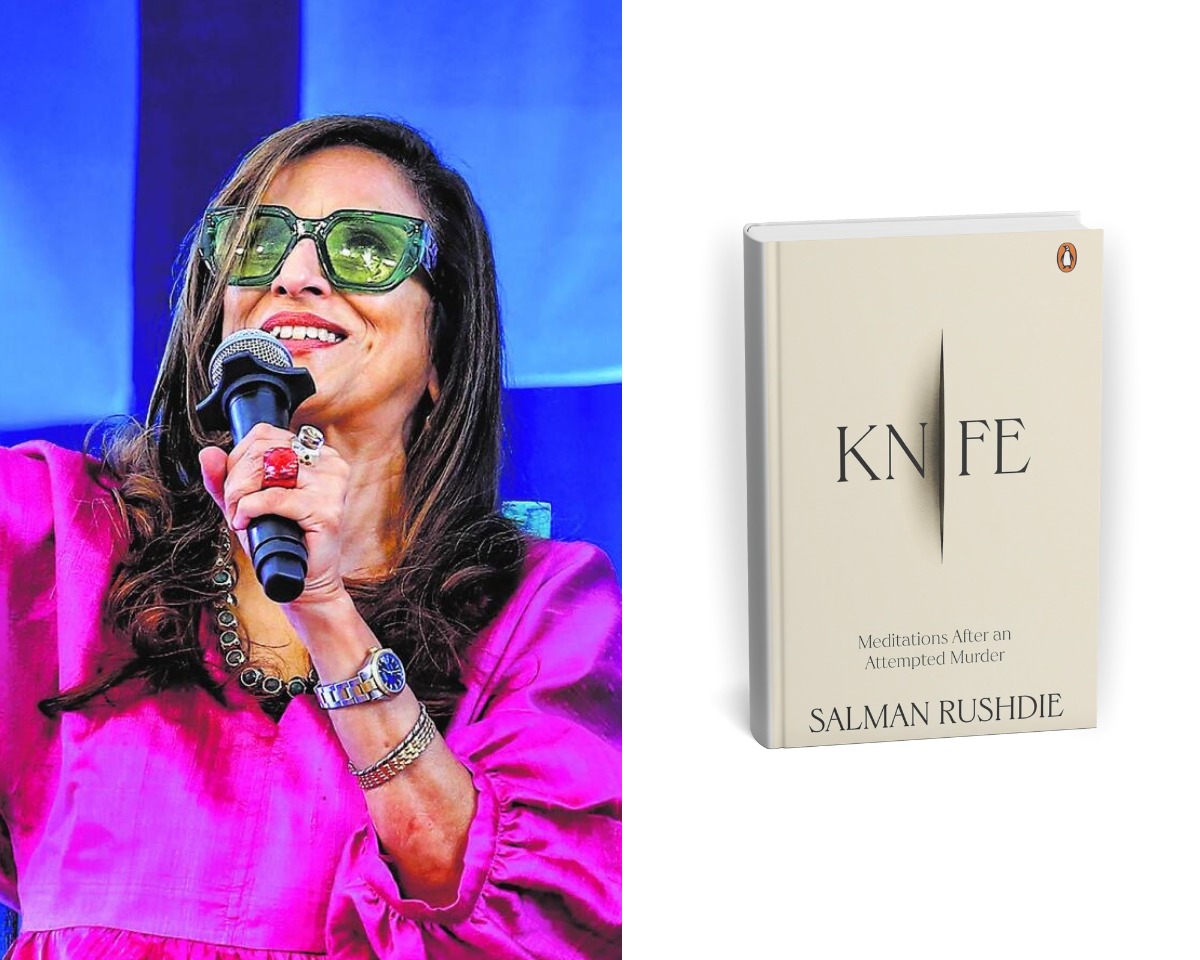

“‘Knife’ by Salman Rushdie was one of the most anticipated books of 2024, from my point of view. I am a great admirer of Rushdie and what he has survived is something that no one in the world should ever have to go through — to pay such a heavy price for his/ her personal beliefs. I was looking forward to the book. I liked bits of it, the way it started. To me, it felt less of a book about the actual stabbing and more like a medical journal of his time in hospital and a love letter to his current wife. So, there were two books in one, but both were fascinating because nothing that Rushdie writes can ever be boring.”(As told to Amarjot Kaur)

Anish Gawande, national spokesperson, Nationalist Congress Party (SP)
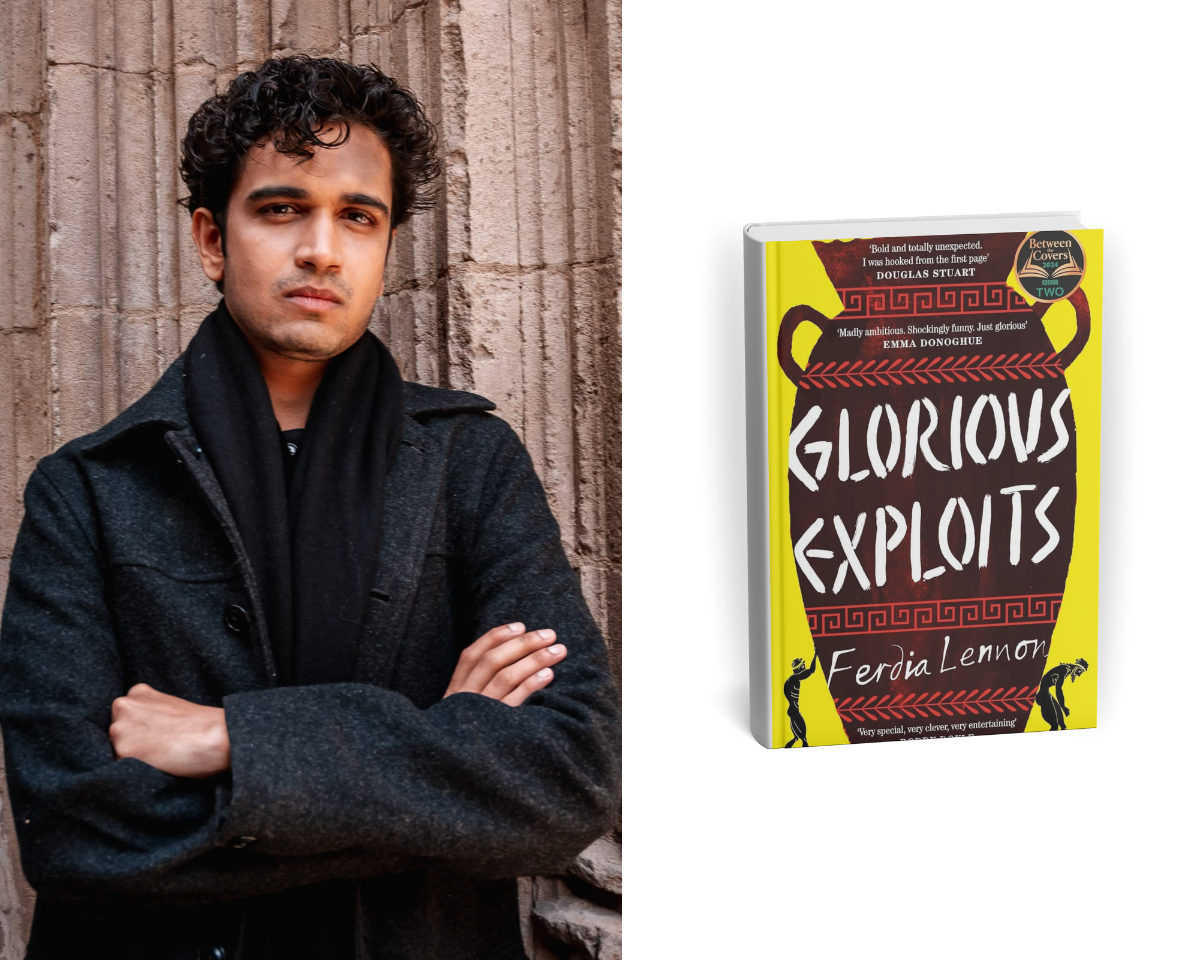

“‘Glorious Exploits’ by Ferdia Lennon has had me in splits at moments and in deep discomfort at others — a rare feat for a novel set in 412 BCE Syracuse, in the aftermath of the Athenian invasion of Sicily. As two local potters stage Euripides’ ‘Medea’ with enslaved soldiers in a quarry, you’re left marvelling at the incredible power of poetry even in the most dire times.”(As told to Radhika Santhanam)
Manish Tewari, Lok Sabha member and Congress leader
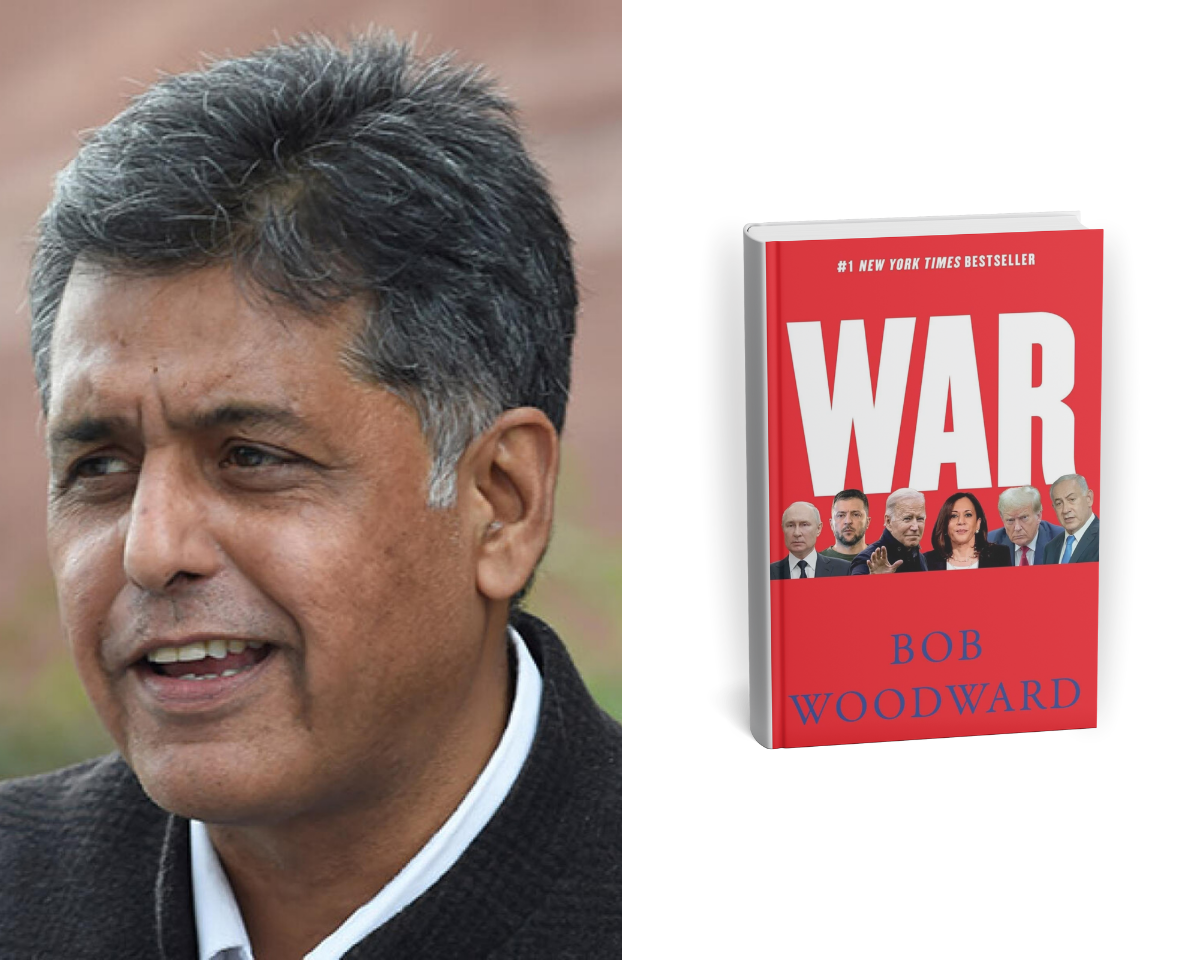

“The book of the year, for me, undoubtedly is ‘War’ by Bob Woodward. The key takeaway is that the U.S. knew that Russia was going to invade Ukraine a year before it happened. Why did they not head it off is the key question that remains unanswered. Great book, wonderful insights. A masterclass in what journalism should be.”(As told to Sandeep Phukan)

Abhilash Tomy, retired Indian Navy officer and solo circumnavigator
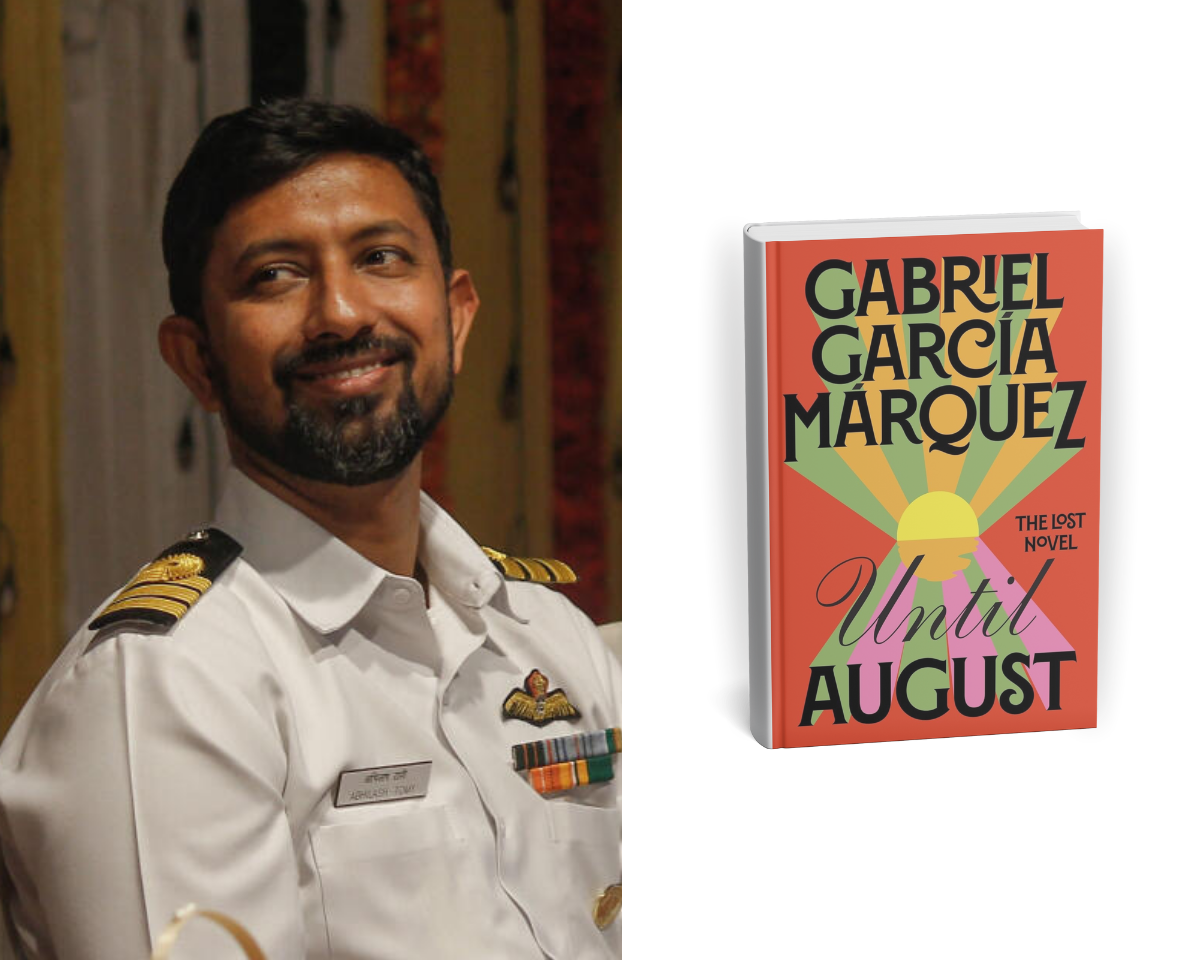

“The passing of author Gabriel Garcia Marquez in 2014 came as a big shock to me because he had been an all-time favourite of mine. Having read all his works, there was little else to look forward to other than re-reading them. I was in for a pleasant surprise this year when his last novel, ‘Until August’, was published. I kept it aside to read on a long flight to Kolkata. Published posthumously by Marquez’s sons, the book is beautifully written, but it did leave a sadness behind, being the last work of a great storyteller.”(As told to S. Anandan)

Viren Rasquinha, former India men’s hockey captain


“‘Open’, Andre Agassi’s autobiography which I read earlier this year, comes to my mind for various reasons. One, my daughter has now started playing tennis seriously. I was a huge fan of both Agassi and Steffi Graf, and I loved the way he was World No. 1, slid down the rankings to the 100s and then came back to the top again. Also, the fact that he won the career Slam and the Olympics gold medal (Atlanta 1996) showed that his game was so adaptable to the demands of various surfaces.”(As told to N. Sudarshan)
Boris Gelfand, 2012 World chess championship challenger and former Indian team coach


“I really enjoyed Daniel Kahneman’s last book ‘Noise: A Flaw in Human Judgment’ (he passed away this year). His ‘Thinking, Fast and Slow’ is a real masterpiece, but I also learned a lot from ‘Noise’. It raises some very important questions. We all make wrong judgements but how difficult is it to make the correct judgement? Why do our ministers and politicians make mistakes? The main lesson I learnt from the book is that all of us have to be very humble and should not jump to conclusions before making the right judgement.”(As told to P.K. Ajith Kumar)
Sarnath Banerjee, graphic novelist


“My book of the year is Akhteruzzaman Elias’s ‘Chilekothar Sepai’. It’s a Bengali book. And it’s a political book. The author writes it with a strange political apathy, which is quite remarkable. And he’s got this brilliant commentary — funny, distant, and also sort of not cynical. I’ve noticed that Bangladeshi writers, and also Pakistani writers, have a light touch when it comes to politics. Authors like Elias or Syed Shamshul Haq have a fantastic ability to tell stories with politics in the background. It’s very nice to read something like that in an ultra-woke society where people are constantly walking on eggshells.”
Write to us with your feedback at mag.letters@thehindu.co.in
Published – December 27, 2024 05:18 pm IST
#revisitingAnimal #Farmto #diving #deep #history #finance #books #newsmakers #spent #time
